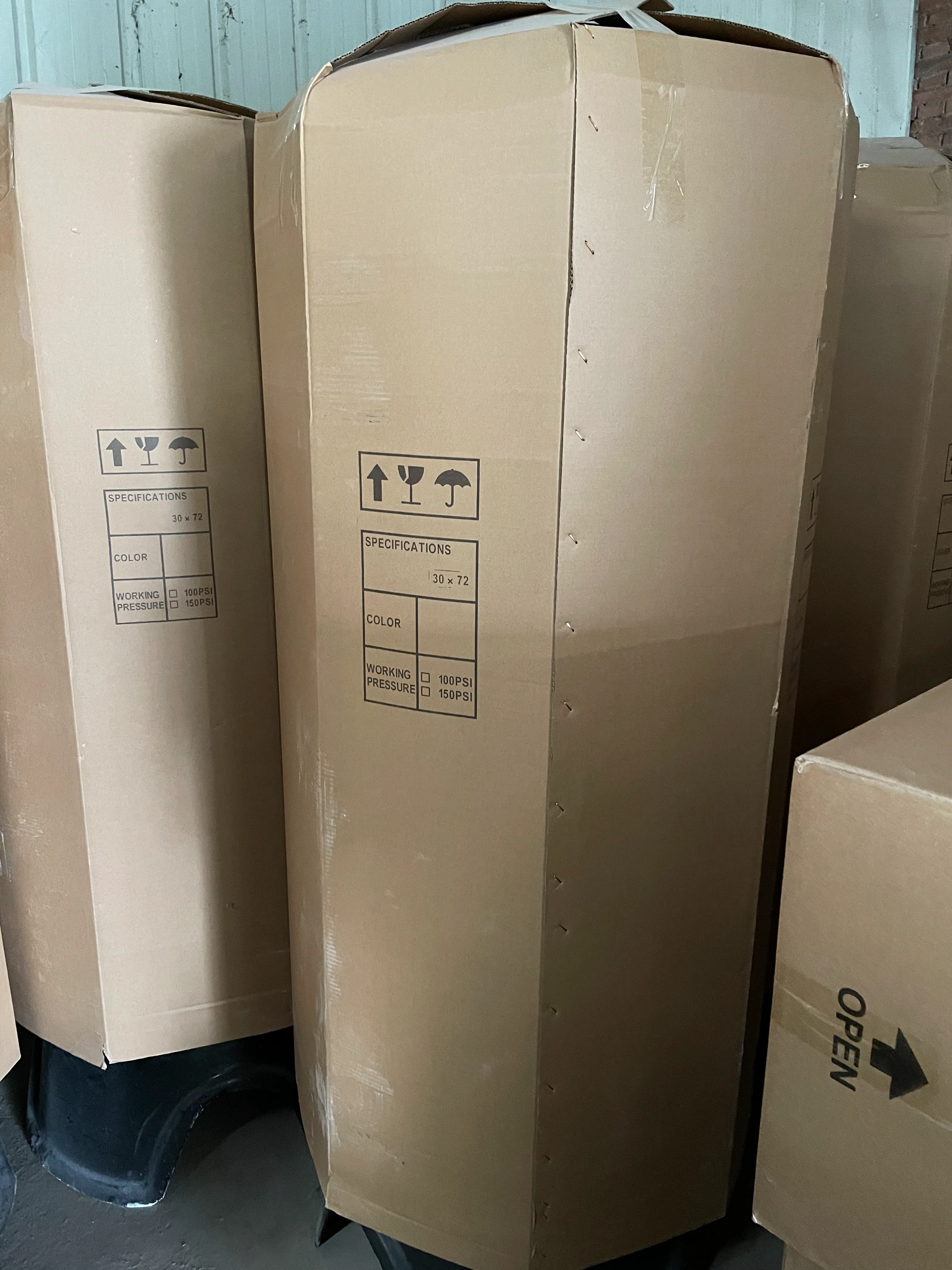loading...
- No. 9, Xingyuan South Street, Dongwaihuan Road, Zaoqiang County, Hengshui, Hebei, China
- admin@zjcomposites.com
- +86 15097380338
- Welcome to visit our website!
Choosing the Right Water Softener System for Your Home's Optimal Water Quality and Efficiency
Understanding Water Softener Systems for Your Home
As homeowners prioritize the quality of water in their households, the installation of a water softener system has become increasingly popular. Hard water, which contains high levels of minerals such as calcium and magnesium, can lead to various problems that affect both household appliances and personal comfort. In this article, we will explore what a water softener system is, how it works, and the benefits it provides.
What is a Water Softener?
A water softener is a filtering system designed to reduce the hardness of water by removing the minerals that cause it. The process of water softening typically involves ion exchange, where hard water passes through a resin bed filled with sodium ions. As the hard water flows through the resin, the calcium and magnesium ions are exchanged for sodium ions, effectively softening the water.
How Does a Water Softener Work?
The core functioning of a water softener revolves around two primary processes ion exchange and regeneration.
1. Ion Exchange This is the initial phase where hard water is transformed into soft water. As hard water undergoes ion exchange in the resin tank, the undesirable minerals are captured, and sodium ions are released into the water.
2. Regeneration Over time, the resin beads become saturated with calcium and magnesium ions, losing their effectiveness. To restore their softening ability, the system undergoes a regeneration cycle, during which a salt solution is flushed through the resin tank. This process displaces the accumulated minerals, flushing them down the drain and allowing the resin to be recharged with sodium ions.
Depending on the model and usage, regeneration can be triggered either based on time intervals or when a certain level of hardness is detected
.water softener system for house

Benefits of a Water Softener System
1. Improved Water Quality Softened water is free from the harsh minerals that can affect taste, leaving you with cleaner, fresher-tasting water for drinking and cooking.
2. Preventing Scale Buildup Hard water can lead to mineral buildup in pipes, faucets, and appliances, which hampers their efficiency and lifespan. By installing a water softener, you can minimize the risk of scaling, thus ensuring that your plumbing system and appliances, such as dishwashers and water heaters, operate smoothly for longer.
3. Better Cleaning Efficiency Softened water enhances the effectiveness of soaps and detergents. This means that you can use less soap for laundry and dishwashing, resulting in cleaner clothes and dishes, while also saving money on cleaning supplies.
4. Softer Skin and Hair For those who have sensitive skin, using soft water can be beneficial. It can help prevent skin irritation, dryness, and makes hair softer and easier to manage by reducing the effects of soap scum and product buildup.
5. Less Maintenance Homeowners with hard water often face increased maintenance costs due to repairs from mineral-related damage. A water softener system minimizes these issues, leading to lower repair bills and prolonged lifespan for home appliances.
Conclusion
In summary, a water softener system is a valuable investment for homeowners seeking to enhance their water quality and reduce the downsides associated with hard water. The benefits include not only improved taste and cleanliness but also significant long-term cost savings from reduced wear and tear on plumbing and appliances. If you're considering a water softening solution for your home, it's essential to evaluate your water hardness levels and choose a system that best meets your needs, providing a better environment for you and your family.
-
Premium FRP Handrail for All ApplicationsNewsAug.29,2025
-
Low Maintenance FRP Mini Mesh Grating ProductsNewsAug.29,2025
-
Innovative FRP Square Tubes for Modern Industrial SolutionsNewsAug.29,2025
-
FRP Water Storage Tanks Wholesale Solutions for Bulk BuyersNewsAug.29,2025
-
FRP Molded Grating Solutions for Diverse Industrial ApplicationsNewsAug.29,2025
-
Construction Advancements Through FRP Pultruded ProfilesNewsAug.29,2025
-
Why Choose FRP Railings, Guardrails, and Handrail Systems?NewsAug.29,2025
